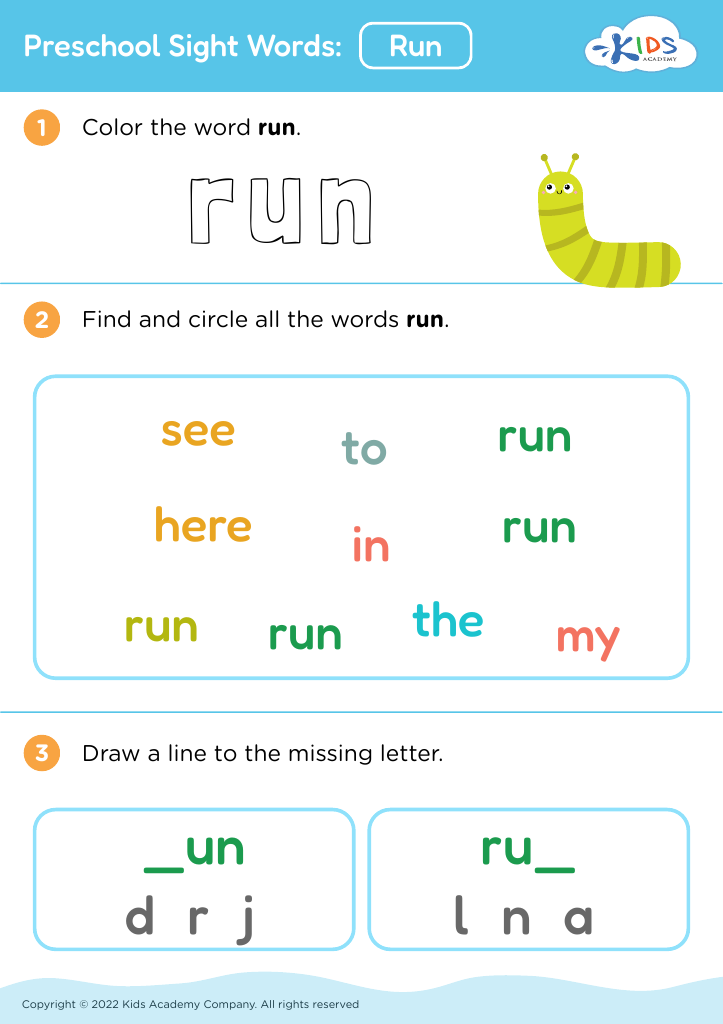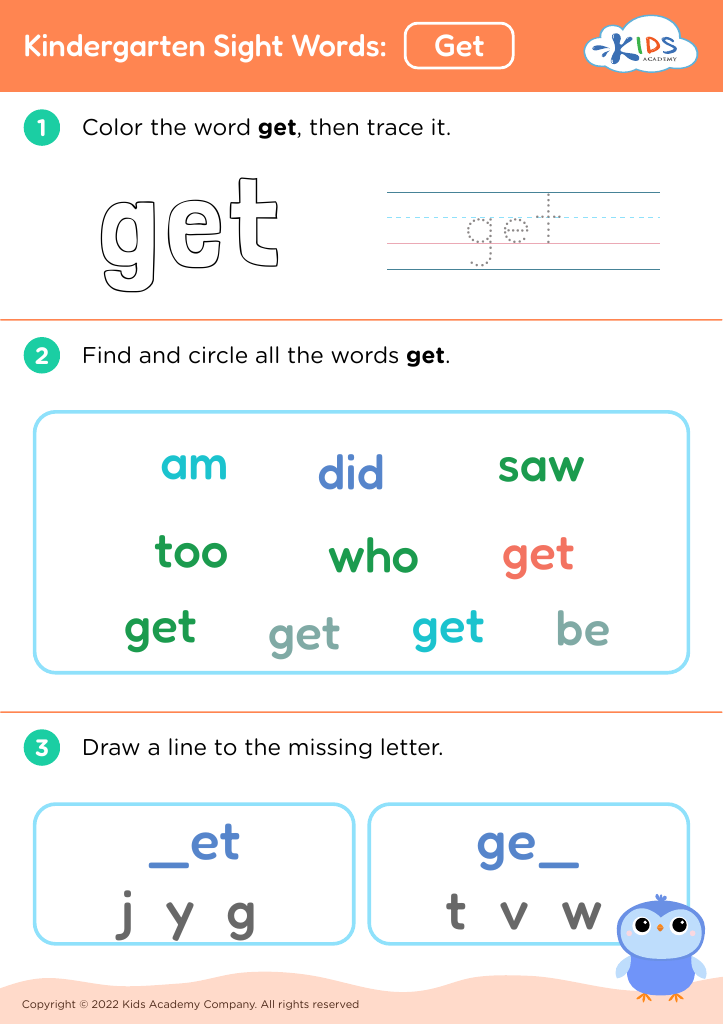Fraction simplification Building Vocabulary Worksheets for Ages 3-5
5 filtered results
-
From - To
Introduce young learners to the fundamental concept of fractions with our engaging Fraction Simplification Building Vocabulary Worksheets, designed specifically for ages 3-5. These playful, interactive worksheets help kids grasp the basics of fractions while enhancing their vocabulary and critical thinking skills. Each activity is carefully crafted to foster a love for learning, featuring colorful visuals and simple, relatable examples. Perfect for home or classroom use, these resources encourage children to identify, compare, and simplify fractions through hands-on practice. Give your little ones a head start in math and language development with our fun and educational worksheets!
Fraction simplification is an essential foundational math skill that young children need to develop critical thinking and problem-solving abilities. For parents and teachers working with children aged 3-5, focusing on building vocabulary related to fractions can foster a deeper conceptual understanding from an early age.
By introducing terms like "half," "quarter," and "whole," children start to comprehend how fractions represent parts of a whole. This vocabulary development is key to helping them discuss and visualize mathematical concepts, which in turn promotes better retention of information. Activities such as using food items (like pizza or fruit) to illustrate fractions can make learning more engaging and relatable.
Furthermore, fostering a strong vocabulary around fractions encourages conversation and hands-on learning, making mathematics feel more accessible and less intimidating as children progress in their education. Empowered with this knowledge, children are more likely to embrace future mathematical challenges with confidence.
Additionally, understanding fractions is important not just in math but also in everyday life situations, from cooking to sharing. Therefore, by prioritizing fraction simplification vocabulary, parents and teachers can build a solid foundation that supports children's overall mathematical literacy and reasoning, ultimately paving the way for a love of learning.























.jpg)













